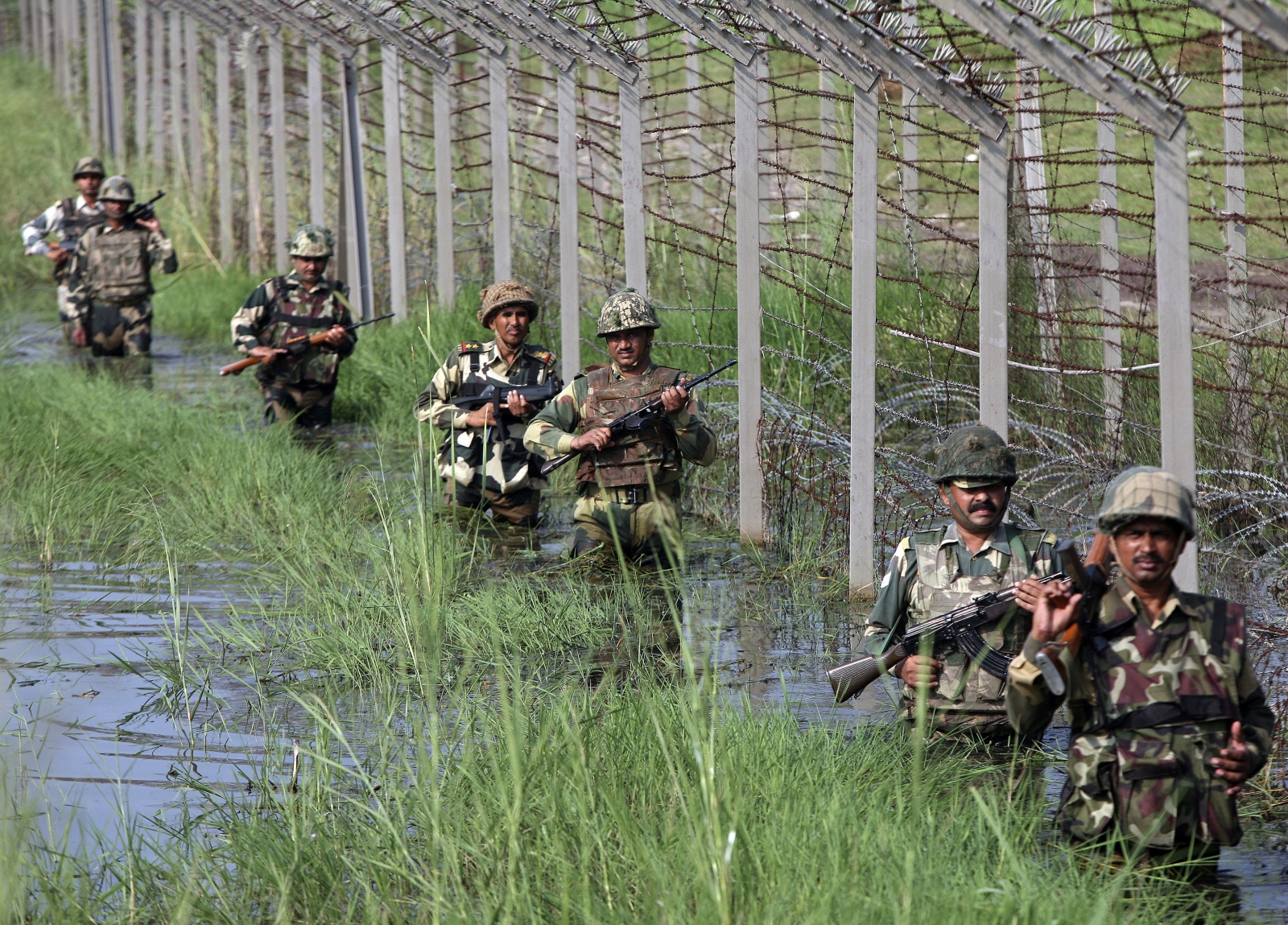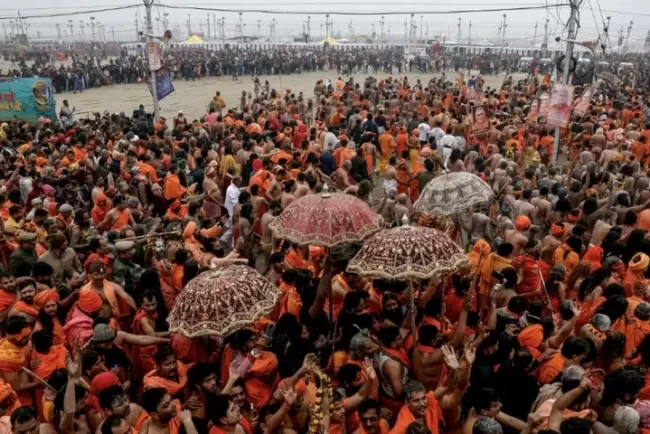Increased Pakistani Military Activity Near Indian Border Raises Concerns
The Indian Army Chief, General Opendra Dedi, has expressed serious concerns regarding the presence of Pakistani military and Inter-Services Intelligence (ISI) officials in areas of Bangladesh close to the Indian border. This statement follows reports of ISI teams visiting sensitive regions near the strategically crucial Chicken’s Neck Corridor, a narrow land link between India and its northeastern states.

General Dedi emphasized the need for Bangladesh to prevent anti-India elements from utilizing its territory to launch terrorist activities against India. The Chicken’s Neck Corridor, measuring only 22 kilometers in width, is bordered by Nepal and Bangladesh, making it a focal point of security concerns for India.
The Army Chief's remarks also touched upon India's diplomatic ties with Bangladesh, noting that relations can only be fully defined when there is an elected government in place. Despite this, he reiterated the strength of military cooperation between the two nations.
Addressing the issue of Kashmir, General Dedi reaffirmed India's position, stating that Kashmir is an integral part of India's sovereign territory. He cautioned that Pakistan's ambitions extend beyond Kashmir, aiming at destabilizing India as a whole. The General indicated that Pakistan's anti-India agenda serves as a unifying factor for its internal politics.
The situation has become more complex with the warming relations between Pakistan and Bangladesh, particularly after the ousting of the Sheikh Hasina government last year. Recent meetings between Bangladeshi officials and Pakistani Prime Minister Shehbaz Sharif have raised eyebrows in India, with officials closely monitoring the developments.
As the geopolitical landscape continues to evolve, the implications of Pakistan's activities in the region remain a significant concern for India's national security.
What's Your Reaction?















